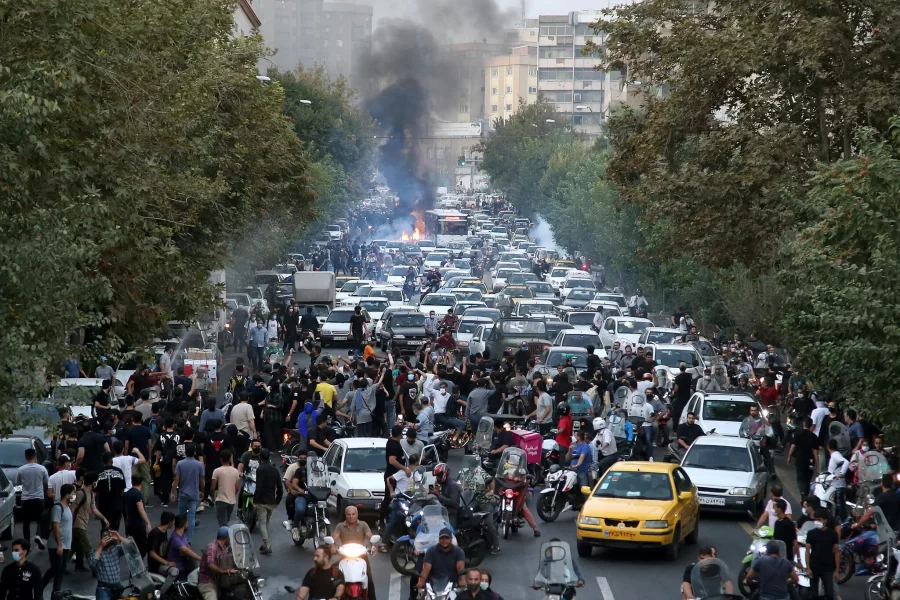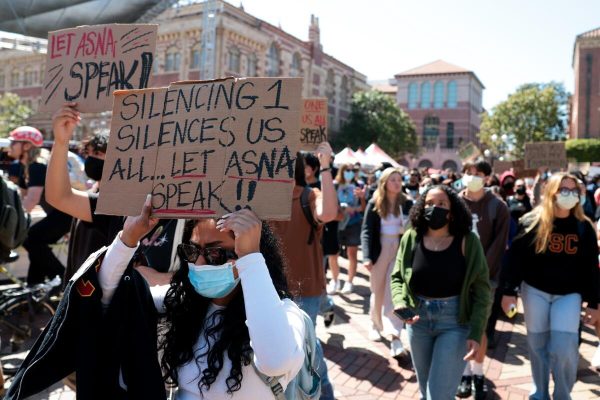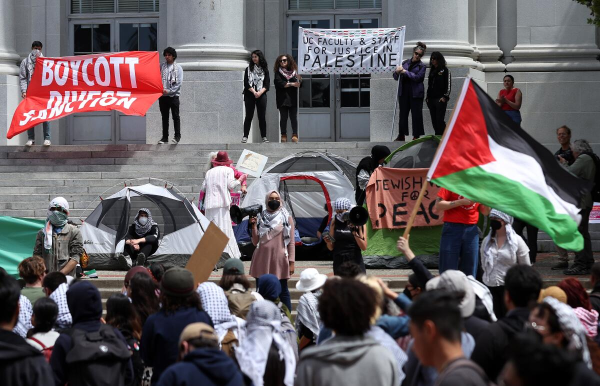Mahsa Amini: Iran’s Last Straw
Iran has been undergoing extreme turmoil within the past three weeks. The country’s already weakened standing has been completely turned upside down as the country unites in protest against the restrictive fundamentalist policies that have governed them for decades.
These protests were catalyzed from the death of 22-year-old Mahsa (Jina) Amini at the hands of Tehran’s Guidance Patrol, also known as the “morality police.” The officers claimed that Amini wasn’t adhering to the strict dress code for women due to an alleged infraction with her hijab, an article that is mandatory for all Iranian women. Eyewitness accounts state that she was beaten before being driven away to a detention center, though the police force denies the accusations. Three days later, Amini was declared dead in a hospital from multiple injuries on her body. The government claimed no involvement in her death, though her family and friends were skeptical.
Protests broke out in Tehran not long after the death was reported and later spread to other parts of the country. Chants including “death to the dictator” and “I swear by Mahsa’s blood, Iran will be free” were shouted during these initial protests. Information about the circumstances quickly made their way onto social media and news outlets, resulting in the Iranian government restricting Internet access for all citizens.
An anonymous student discusses their personal experience with the Iranian government and its policies, mentioning how members of their family dislike having to live under them. The Iranian people “need to fight back because what else are they going to do?” they say. “They’re being so discriminated against and controlled that they have no other option.”
Women in Iran have been at the forefront of these demonstrations, taking off their hijabs in public and cutting their hair short as an act of defiance against the government. As per the law, Iranian women are not allowed to be seen in public without a hijab and must adhere to very specific guidelines about their existence, including the inability to test for a driver’s license. ‘
“It’s very brave of these people, especially in the political climate…of Iran. It’s really brave for them to risk their lives for it,” states another anonymous student. This student also discusses how free speech is taken for granted in the West and should be valued incredibly highly, as countries like Iran execute extreme measures in response to dissenting opinions toward the government. “I think there would be more of a response if they were allowed to [have one],” the student adds.
As of October 3, 2022, at least 154 people have been killed as a result of the protests. The situation is still ongoing and has not shown any signs of stopping.












